|
Aspiration Pneumonia
People who choke on something to eat have high risk of developing aspiration pneumonia. How does aspiration pneumonia occur? In the case of normal people, the epiglottis (the flap covering the trachea) in the throat closes when eating food so that the food is delivered to the esophagus (Fig. 1). But in the case of people whose function of the throat declines with age, the epiglottis in the throat doesn’t close well so that the food enters the trachea. As a result, bacteria propagate from the food delivered to the lung, causing pneumonia (Fig. 2). It is supposed to be impossible to know whether the function of the throat declines or not without X-ray at the hospital. But by drinking a glass of water, you can check whether the function of your throat declines or not. How to check the decline of your throat Drink up 100 cc (3.38 FL OZ) of water within 10 seconds. If you can’t drink up within 10 seconds or if you choke in the middle of drinking it, there is a high possibility that the function of your throat declines. Since people with the declining throat like the elderly can’t close the epiglottis, they choke and can’t drink water well when they drink it at a gulp (Fig. 3). The elderly tends to drink tea or coffee little by little, so it is difficult to notice that the function of their throat declines. How to strengthen the function of the throat Lift-Up-Jaw exercise: (1) Place the fists of both hands under the jaw (Fig. 4). (2) Push your jaw to your fists and keep pushing each other for 5 seconds (saying “Eeh” while doing this is more effective) (Fig. 5). (3) Repeat (1) and (2) for 10 reps. (4) Do (3) for more than 3 sets a day. Singing a song is also effective.
2 Comments
Are you sometimes choked when you eat something? This seems like a casual symptom, but can be a warning of Aspiration Pneumonia. Aspiration pneumonia is caused by accidental swallowing. Accidental swallowing is the condition that swallowed things go into the air way by the lowering of swallowing strength. If the accidental swallowing is repeated, bacteria invading the lung increases, causing aspiration pneumonia and resulting in death in the worst case. Why does swallowing strength lower? A brain disease causes the lowering of swallowing strength. A lot of people die due to aspiration pneumonia before they notice the cause of the lowering of swallowing strength is a brain disease. But after a care receiver increased the secretion of substance to raise swallowing strength, her swallowing strength was activated by 2 to 4 times and became normal level. So if you can increase the substance to raise swallowing strength, you don’t need to be afraid of aspiration pneumonia. How can we increase the substance to raise swallowing strength? Because there is no method to cure the lowering of swallowing strength, aspiration pneumonia often repeatedly happens and becomes serious condition. So it is important not to lower swallowing strength. The substance to raise swallowing strength is Substance P. Substance P is a type of neurotransmitter existing in various nerves in the body and transmits the information such as pain to the brain. According to the recent research, people with a lot of substance P have normal swallowing strength, while people with a little substance P have low swallowing strength. Substance P detects food when it comes the throat, transmits signal to the brain or spinal cord and closes the lid of the air way quickly, preventing food from going into the air. But if the amount of substance P is not normal, food is not detected quickly and the lid of the air way is closed slowly or not closed, and some of the food goes into the air way, resulting in aspiration pneumonia. What is a brain disease to lower swallowing strength? If you can’t swallow saliva 6imes within 30 seconds, it is considered that the swallowing strength is weak and the weakness can be related to a brain disease. A brain disease lowering the swallowing strength is stroke (cerebral infarction). Stroke (cerebral infarction) is a disease that blood clots produced by unbalanced eating habit block the blood vessel in the brain, causing brain damage and resulting in death in the serious case. But stroke related to the lowering of swallowing strength often happens in a small blood vessel in the brain, so the brain damage is very limited small area and there is no subjective symptom, which is called asymptomatic cerebral infarction. According to the recent research, asymptomatic cerebral infarction is related to the lowering of swallowing strength that causes aspiration pneumonia. Asymptomatic cerebral infarction tends to happen in a small blood vessel in the center of the brain where material of substance P is produced. Small stroke in the center of the brain decreases the production of the material for substance P, lowering swallowing strength and causing aspiration pneumonia. (Fig. ) Heightening swallowing strength with a food to increase Substance P A 75 years old female who was choked when she eats something and had small asymptomatic cerebral infarction attended an experiment. She complained that she felt uncomfortable when she swallowed food, which could be related to unsmooth movement of the lid of the air way. Capsaicin is pungent component which is contained in chili pepper. According to a recent research, a person whose swallowing strength became weak took 4.5 micrograms per day of capsaicin, which is less than a shake of chili pepper in a small bottle. 1 month later the swallowing strength was activated to 2 times. When capsaicin is taken, substance P at the nerve of the throat detects the stimulation. Therefore, increasing the stimulation of capsaicin activates and increases substance P. As a result, neurotransmission to the brain becomes smoother and the swallowing strength becomes stronger. Black pepper also has the same effect. The 75 years old female took capsaicin and black pepper as much as she liked for 5 days. 5 days later her substance P became 326 (pg/ml) from 262 (pg/ml). Her swallowing strength was tested by x-ray. Before the experiment, when she swallowed food, some of the food remained above the lid of the air way because the speed of closing the lid was slow, that made uncomfortable feeling when she ate something. After the experiment, there was nothing left on the lid when she ate something. That proved her swallowing strength was also improved. If you feel uncomfortable when you swallow something, please try to take capsaicin and black pepper. 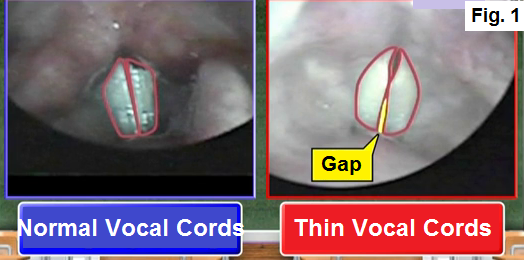 Vocal cords are closed when we eat to protect our lungs from foods. Choking and coughing while we are eating are protective reaction. We cough during a meal to cough out foods not to make any foods go into our lungs. The cause of choking and coughing frequently at a meal is “Vocal cords are thin.” Vocal cords are made of muscles and what moves vocal cords is also muscles. So if you don’t use them or with age, they become weak and thin. If vocal cords are normal, they are closed so when you eat foods, the foods are blocked and goes to stomach, but if vocal cords become thin, there is an opening so the foods also go into lungs. When the foods go into lungs, our body tries to get rid of the food from lungs by coughing. If vocal cords become thin, the choking and coughing happen frequently. (Fig. 1) If vocal cords become thin, germs in the mouth flow into lungs with foods. The germs cause inflammation in lungs and the risk of having pneumonia rises. That is why frequent choking and coughing at a meal is dangerous. It is dangerous when the person who was choking and coughing frequently stopped choking and coughing. There is a gate keeper in the bronchial tubes who only allows the air to go through. If there is an invader (foods), the gate keeper drives away the invader by coughing. But after the invader comes over and over again, the gate keeper thinks that they are not bad fellows and let them go into lungs. The number of foods going into lungs mistakenly increases and the bacteria attached to the foods causes pneumonia. (Fig. 2-5) Thinning of vocal cords causes an unpredictable symptom which is “No strength in the body.”
If there is a gap between your vocal cords, when you try to lift a heavy stuff, you can’t force yourself to lift it up. One of the important roles of vocal cords is when you exert yourself, your vocal cords are closed to store the air in your lungs. If your vocal cords are thin, the air leaks out and you can’t exert yourself. To keep vocal cords healthy, overuse is not good but it is important to enjoy conversation properly. How to check whether or not your vocal cords is thin Measure how long you can keep saying “ah” after breathing in deeply. The guide line is if it lasts for 15 seconds for a male and for 12 seconds for a female or not. If you can’t continue for a long time, there is a possibility that vocal cords are thin and there is a gap between vocal cords because it is necessary to use more breath to vibrate vocal cords. How to strengthen your vocal cords (1) Join your palms in front of your chest. (2) Push against each other with your palms at the same time of saying “one”. (3) Repeat this from “one” to “ten”. Strengthening the muscles which move vocal cords and the muscles of vocal cords makes vocal cords thicker and easy to close, and lowering the risk of pneumonia is expected. It is recommended to do this exercise in the morning and evening. |
IchiroThis Blog is for a memo of my clinical realizations, information about health I have learned recently and update information. Archives
April 2024
Categories
All
|
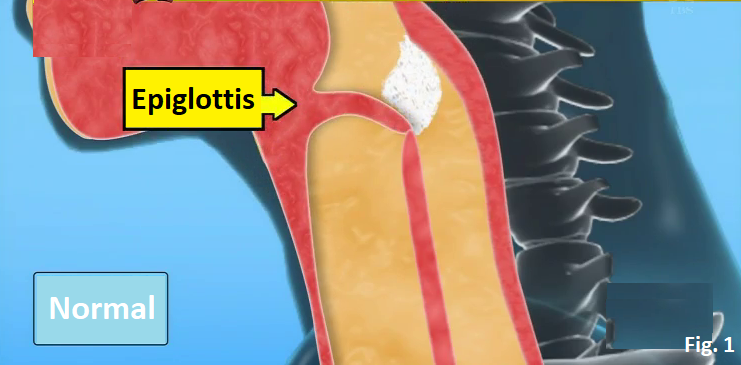
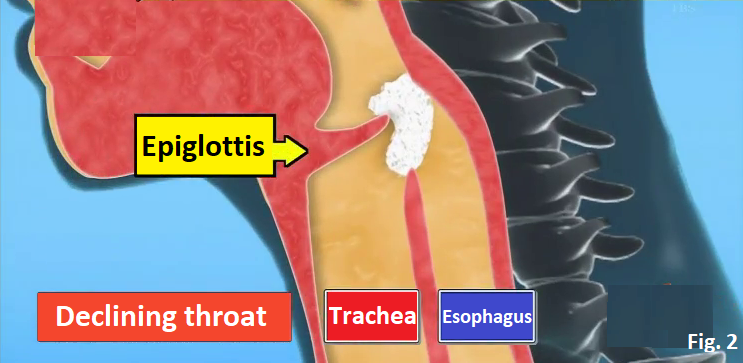
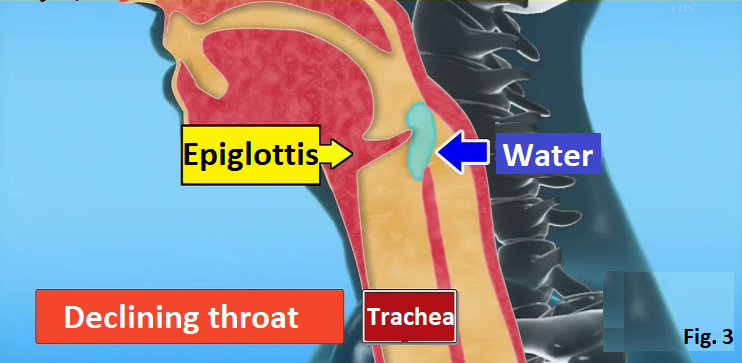


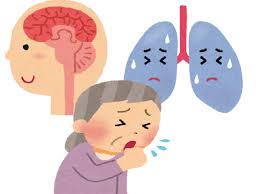
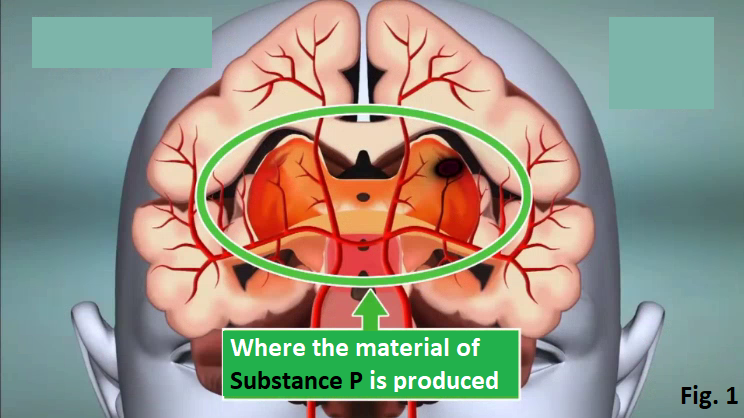
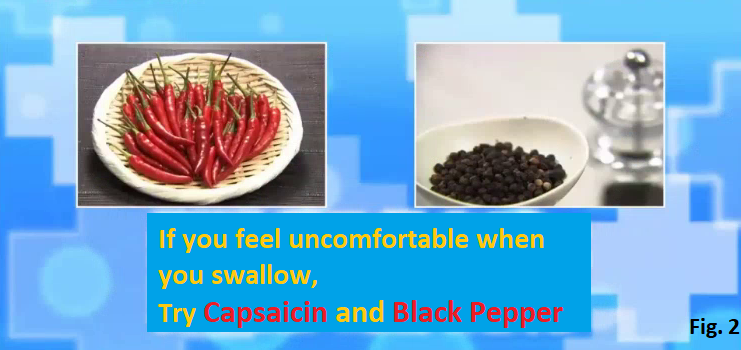
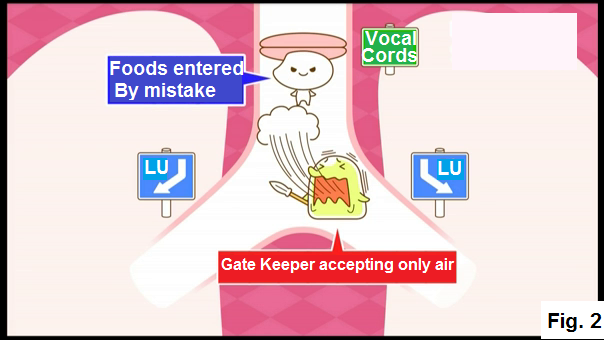
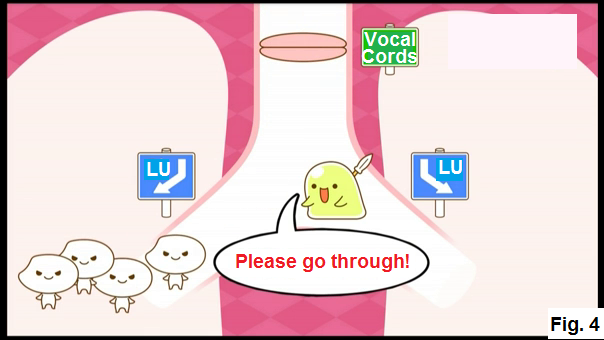
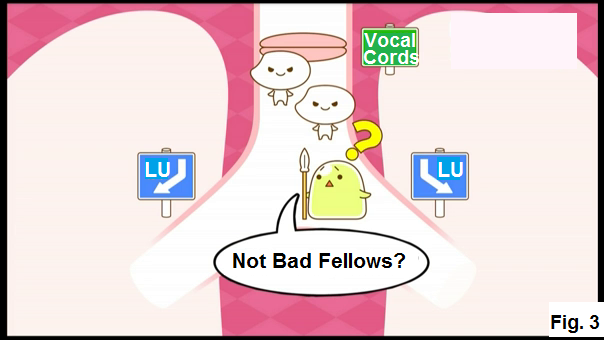
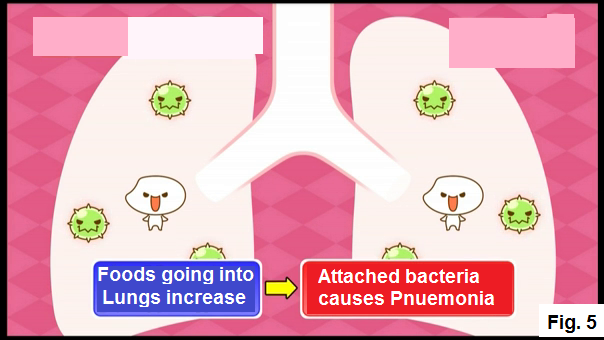
 RSS Feed
RSS Feed